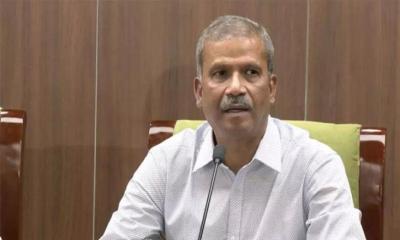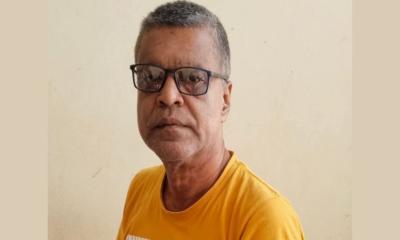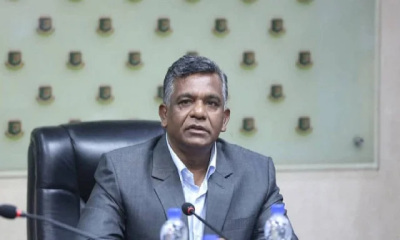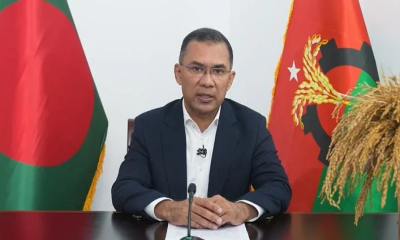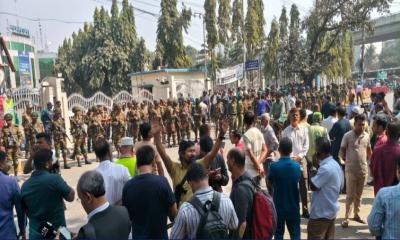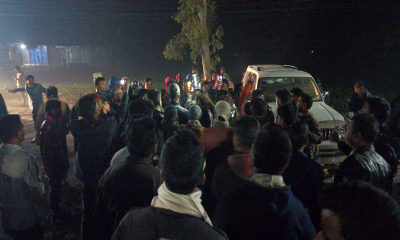Badiul Alam Majumdar, head of the Commission for Electoral Reform, has alleged that the previous Election Commission was “fixed” and designed to stage elections rather than ensure fairness.
Speaking at a seminar in Dhaka on Sunday marking International Right to Know Day, Majumdar said, “The last Election Commission was formed to be a fixed commission. However, when we sought records from the Commission, we could not find clear information about who nominated the names.”
Majumdar said he has taken the issue to court after being denied access to information and is still awaiting a verdict. “I am continuing the fight so that the Right to Information Act is enforced,” he added.
During his address, Majumdar highlighted irregularities in the 2018 general election, noting that “218 polling centers recorded 100% turnout, 1,200 centers saw zero votes for BNP, and even the ruling Awami League received zero votes in two centers.” He said these findings helped shape public narratives about the erosion of voting rights and authoritarianism.
Majumdar urged the interim government to establish a Right to Information Commission quickly and to ensure that only independent and courageous individuals are appointed to it. “We all must stay vocal on this,” he said.
He also emphasized voters’ right to access information about electoral candidates, citing an Indian court ruling that treats voters’ access to candidate information as part of free expression. “There is no alternative to establishing voters’ right to know about candidates,” he said.
Transparency International Bangladesh Executive Director Iftekharuzzaman, also speaking at the event, said that although civil society pushed for the Right to Information Act, its implementation depends on those in power. He criticized the government for failing to form the Information Commission more than a year after it became vacant and compared the delay to a “world record.”
Iftekharuzzaman described the current government as largely led by figures from civil society but argued that it had nonetheless failed to reform or implement key accountability laws, including the Right to Information Act and the formation of a National Human Rights Commission.
The seminar, titled “Right to Information Act: Reviewing the Context,” was organized by the Right to Information Forum at a hotel in Gulshan. It was chaired by Shahin Anam, executive director of Manusher Jonno Foundation and convener of the forum. The keynote paper was presented by Ruhee Naz, deputy director of Research Initiatives Bangladesh.
Panelists included Syed Sultan Uddin Ahmed (executive director, BILS), Zakir Hossain (chief executive, Nagorik Uddyog), and Anannya Raihan (chairperson, iSocial). UNESCO’s country representative Susan Vize, NGO Affairs Bureau Director General Md. Dawood Mia, and senior government officials also attended.


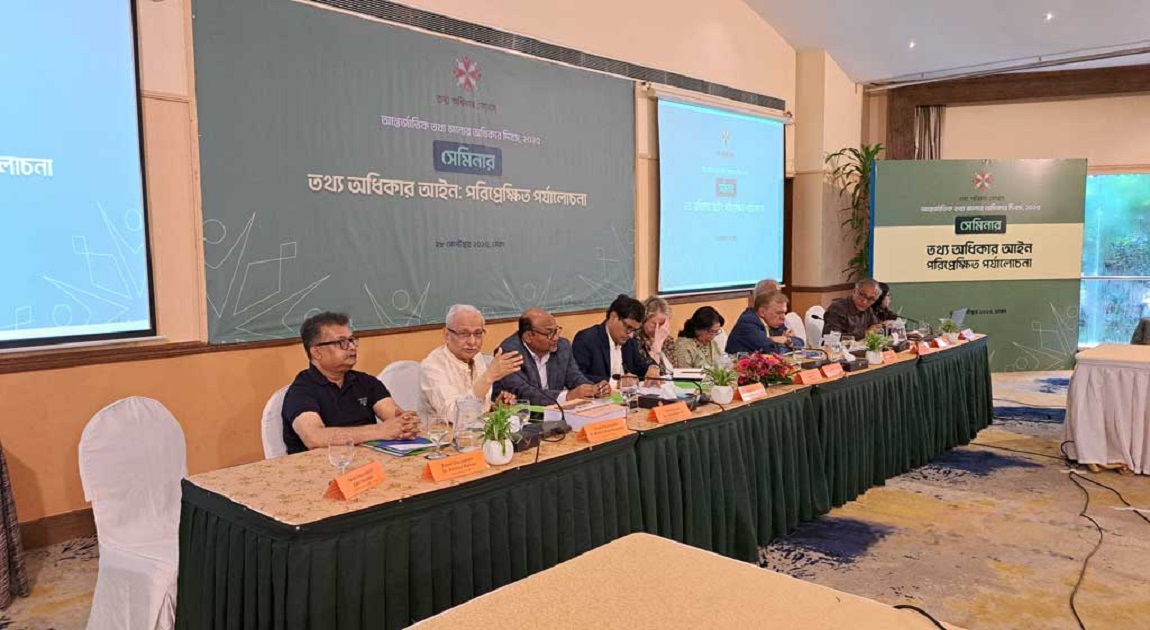












-20260216055149.webp)




